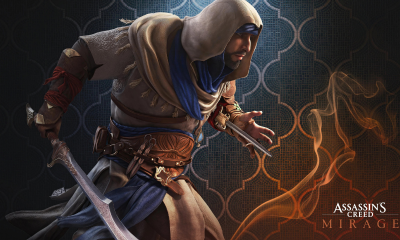Reviews
Assassin’s Creed Shadows Review (PS5, Xbox Series X|S & PC)
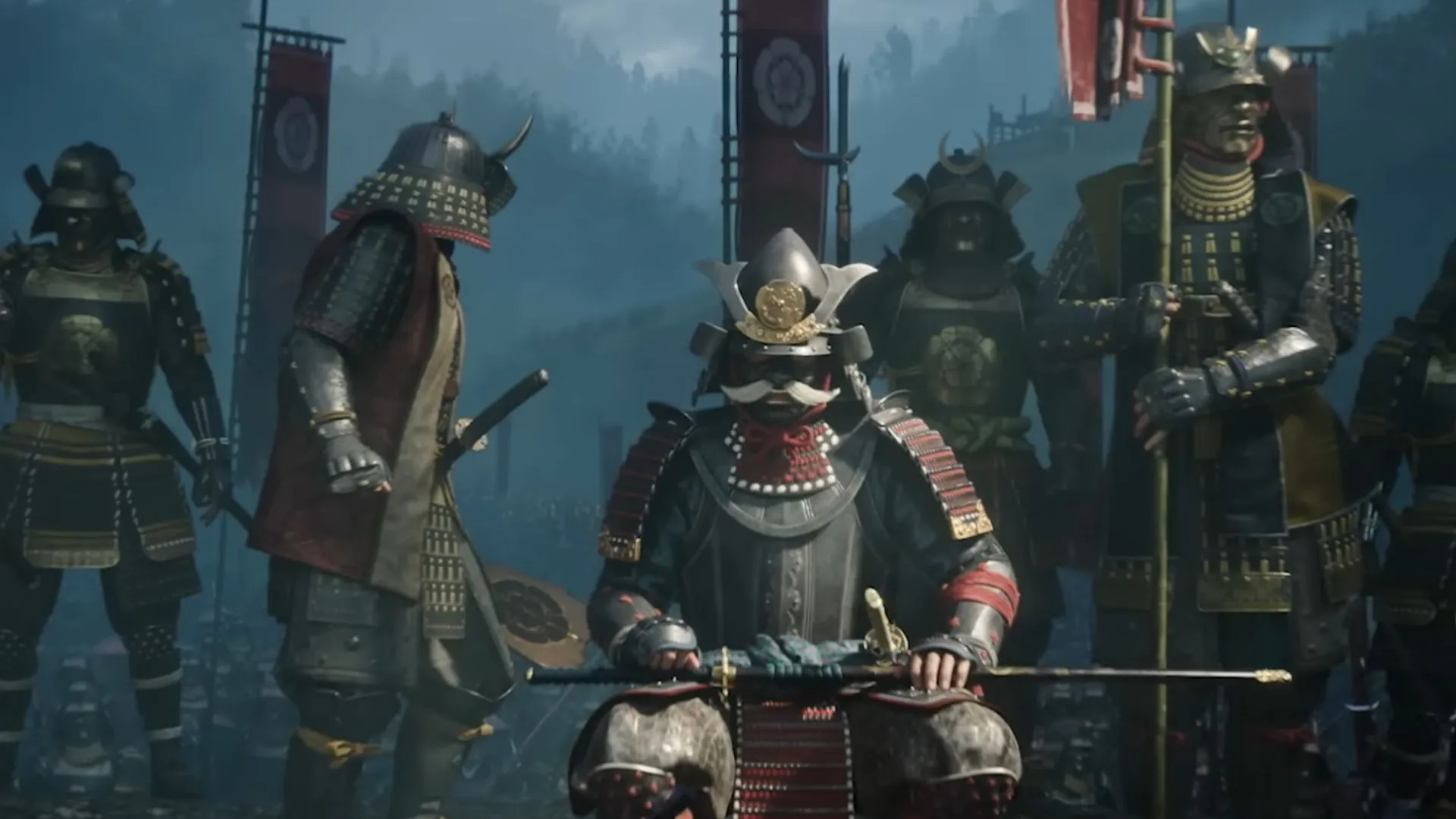
The Assassin’s Creed series has always been known for its blend of historical fiction and immersive gameplay. Its latest installment, Assassin’s Creed Shadows, promises to take players on a journey to one of the most sought-after settings: feudal Japan. Fans of the franchise have long been yearning for a game set in this iconic period of Japanese history, filled with samurai, ninjas, political intrigue, and epic battles. Ubisoft finally delivers on this promise, but does the game live up to the hype? While Shadows certainly has its moments, it ultimately feels like a mixed bag. Let’s jump right into Assassin’s Creed Shadows review to find out more.
A Narrative Lost in History

The narrative in Assassin’s Creed Shadows is one of the most disappointing aspects of the game. The premise, set in feudal Japan, has a complex historical setting and holds so much potential. However, the execution falls flat. Yasuke and Naoe, the two main protagonists, are both intriguing characters on paper. Nevertheless, their development throughout the game feels shallow. The dialogue between the two characters often feels stiff and forced. Similarly, their interactions lack the emotional depth needed to make players truly care about their journey.
Moreover, the overall plot lacks the compelling stakes and emotional engagement that Assassin’s Creed games are known for. Unlike earlier titles in the series, where the narrative was driven by personal motivations and political conflicts, Shadows feels more like it’s just going through the motions. The game’s attempt to immerse players in the rich history and culture of Japan doesn’t quite land. The developers would have borrowed ideas from games like Ghost of Tsushima, which successfully captured the emotional and cultural depth of feudal Japan.
What’s more, the absence of the modern-day storyline that has been the main thing in the Assassin’s Creed series is felt here. While some players may appreciate the focus on historical immersion, long-time fans of the series who enjoy the Assassin-Templar conflict might find the lack of a modern-day narrative disappointing. The decision to minimize the modern-day storyline further isolates Shadows from its predecessors. Notably, it leaves a gap that the historical narrative doesn’t fully fill.
Yasuke vs. Naoe
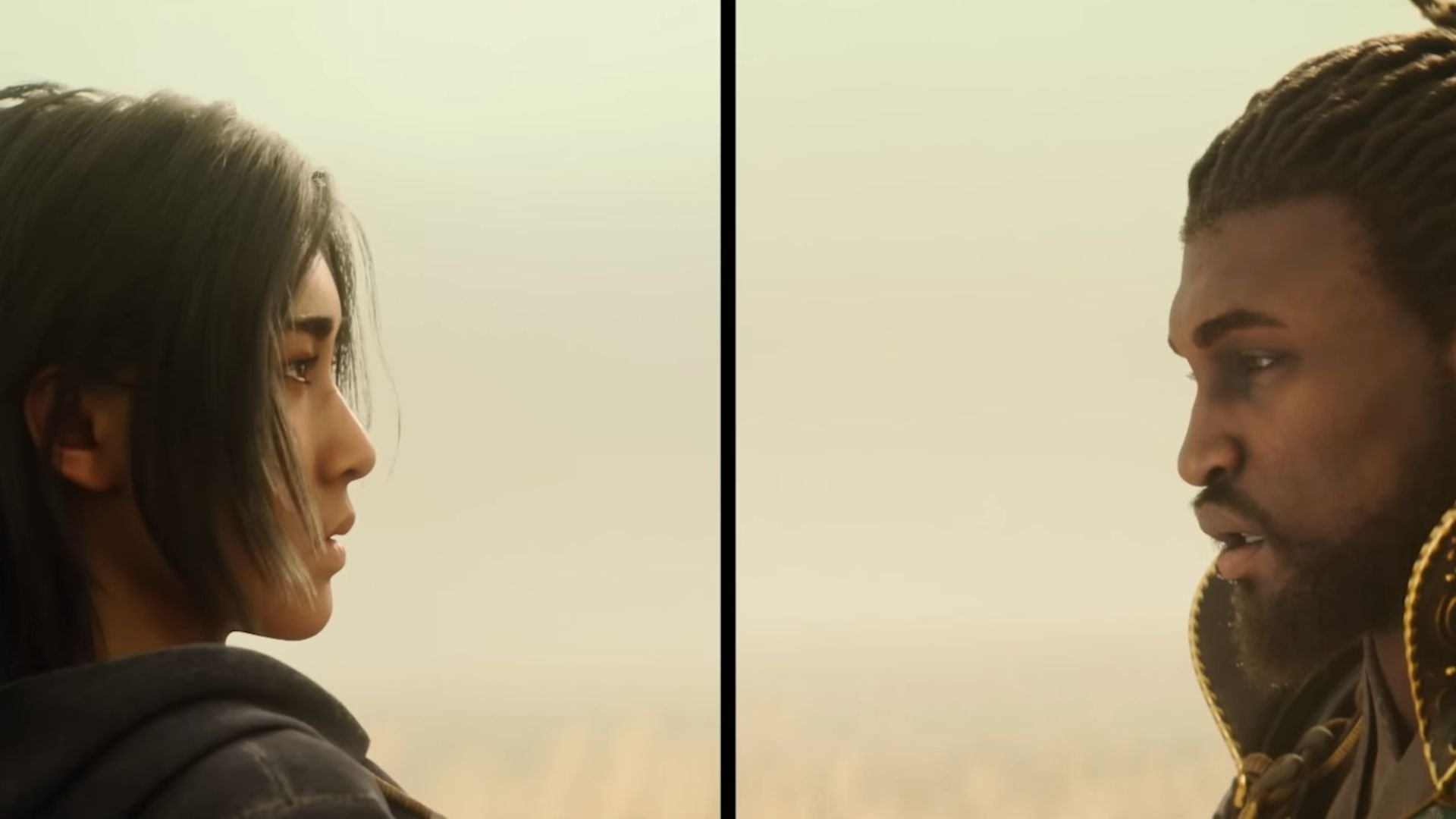
One of the best features of Assassin’s Creed Shadows is its dual-character system, which lets players control two distinct characters: Yasuke, a powerful samurai, and Naoe, a stealthy ninja (shinobi). On paper, this concept sounds absolutely fantastic. Players can take on missions with either character, depending on their preferred playstyle. Yasuke, with his heavy weaponry, is perfect for players who enjoy intense combat and face-to-face battles. On the other hand, Naoe, with her stealthy abilities like grappling hooks, smoke bombs, and silent assassinations, caters to those who prefer a more tactical, stealth-focused approach.
The inclusion of this dual-character system allows for a refreshing level of flexibility in how players approach each mission. You can decide whether to sneak through enemy territory and silently eliminate targets, or you can dive straight into combat and use Yasuke’s raw power to dispatch enemies. This level of choice is a welcome addition, giving the game replayability and variety.
However, the system isn’t without its flaws. The character-switching mechanic feels awkward and not as fluid as it should be. Other games, like Spider-Man or GTA V, seamlessly switch between characters in real-time. On the contrary, Shadows requires players to pause the action, open the menu, and manually swap between Yasuke and Naoe. This interruption of the flow of gameplay feels cumbersome and disrupts the immersion.
Furthermore, the character-switching mechanic introduces some unnecessary limitations. Despite Yasuke’s status as a formidable samurai, he can’t climb buildings. Of course, that feels odd for a warrior of his caliber. Naoe, the agile ninja, is similarly restricted, as she cannot break through barriers, which seems absurd given her skills. Ultimately, these limitations diminish the potential of the dual-character system.
Gorgeous but Lifeless
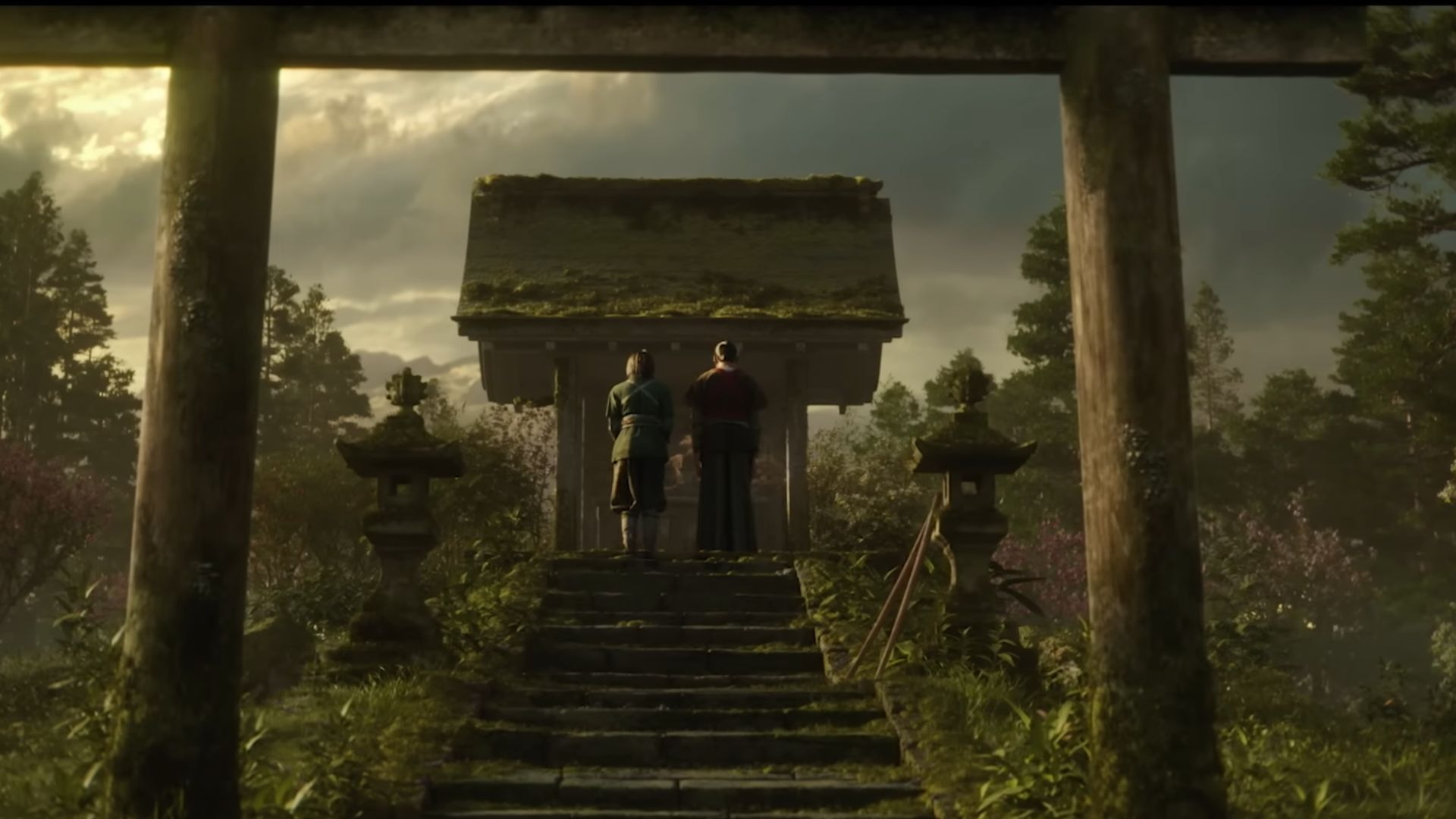
Visually, Assassin’s Creed Shadows is a feast for the eyes. The game is set in feudal Japan, a period filled with stunning natural landscapes, intricate architecture, and vibrant cultures. The world feels carefully crafted, with lush forests, bustling villages, and imposing castles, all depicted in beautiful detail. Additionally, the dynamic weather system plus the day-night cycle enhances the realism, adding fun to the gameplay. For example, rain can wash away footprints. This makes it easier to remain hidden, while snow can slow down movement, which affects both stealth and combat.
While the world of Shadows looks fantastic, it doesn’t always feel alive. One of the greatest pleasures of open-world games is the feeling that the world you’re exploring is dynamic and responsive to your actions. Unfortunately, Shadows doesn’t quite achieve this. The NPCs in the game, while numerous, lack depth. They often feel more like background noise than actual characters with stories, personalities, or meaningful interactions. Surprisingly, they walk through the world as if they’re on a set. They only serve as quest dispensers or environmental obstacles rather than being integral parts of the experience.
Compared to other open-world games, which feature an incredibly dynamic and immersive world, Shadows feels somewhat static. The lack of meaningful interactions with NPCs makes the world feel beautiful but lifeless. Ultimately, there’s potential here, but the world doesn’t feel as vibrant and reactive as it could be.
A Step in the Right Direction
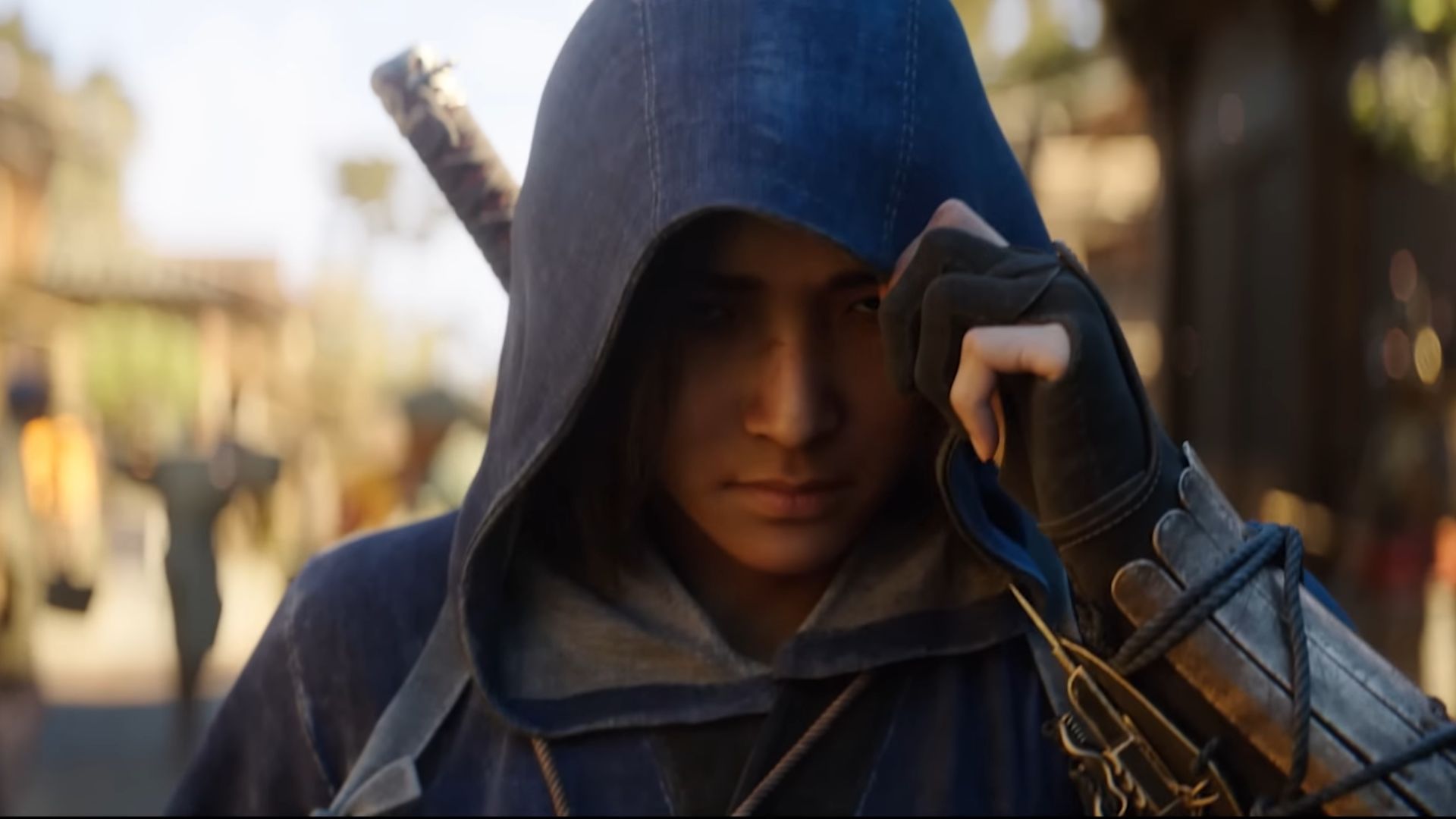
Stealth has always been a hallmark of the Assassin’s Creed franchise, and Shadows takes significant strides in improving this gameplay mechanic. The stealth system has received a major overhaul. It introduces a new visibility meter that shows how hidden you are from enemies. This adds realism and strategic depth, as players must be mindful of their surroundings and how exposed they are.
Additionally, players can manipulate the light sources to create darkness, allowing players to hide in the shadows and move undetected. Along with the ability to crawl through tight spaces or blend into crowds, it makes stealth gameplay more rewarding and varied than in previous entries.
Another notable improvement is AI, which has become smarter and more reactive. Guards will now investigate noises and environmental changes, such as the sound of a door creaking or a lantern being extinguished. They’ll notice if you leave a door open or knock something over. This attention to detail in AI behavior adds tension to stealth sequences and makes them more rewarding when executed well.
However, while the improvements to the stealth system are appreciated, there are still some issues. The AI, while smarter than before, can still feel somewhat predictable at times. If a guard spots the player, they will often stop looking for the player after a brief period, allowing players to go back into hiding and resume their mission. The challenge can sometimes feel too artificial. Rather than feeling like a true test of skill, it becomes a waiting-action RPG game.
The Glitch
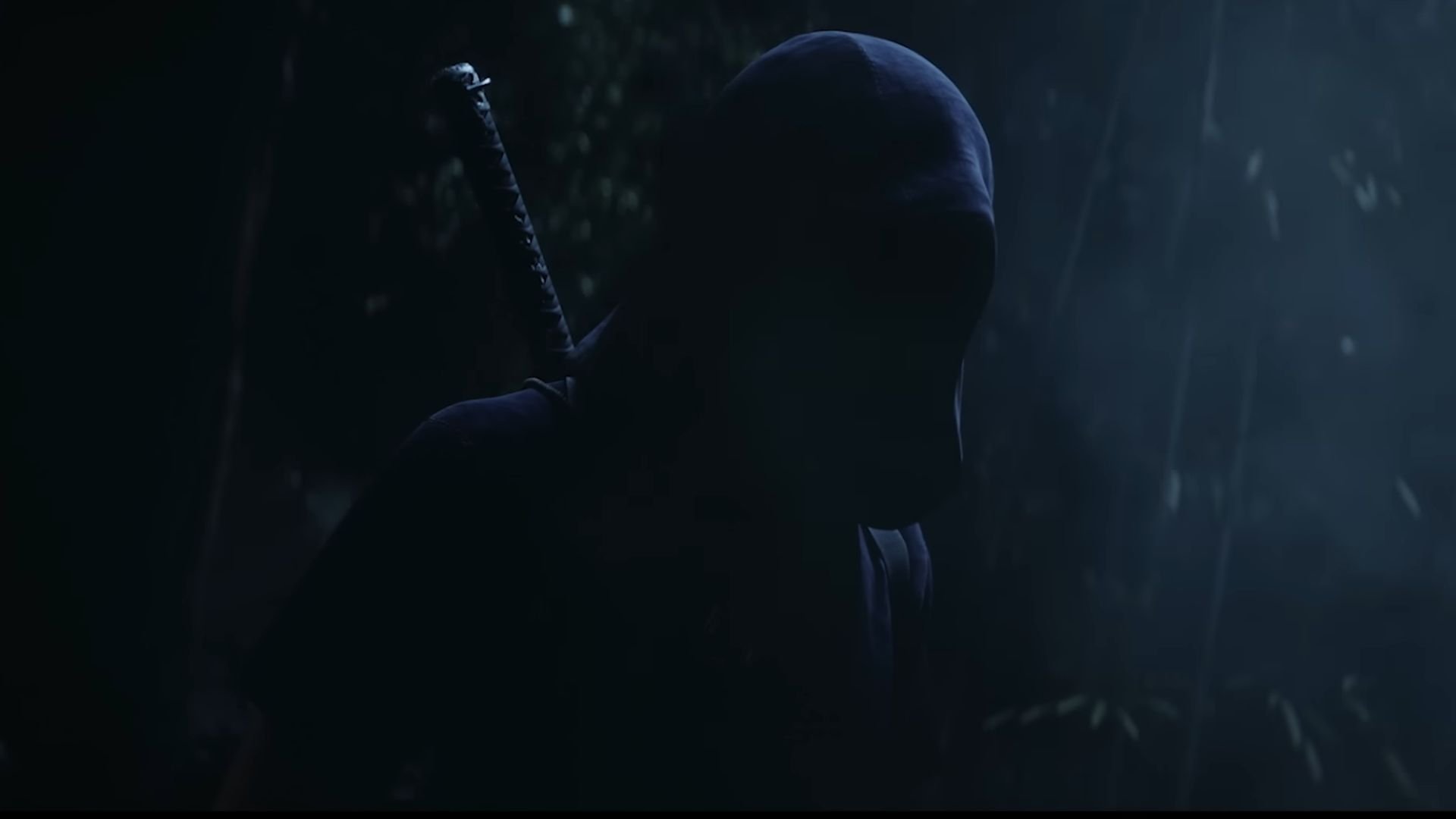
Visually, Shadows is a beautiful game. It runs smoothly on next-gen hardware, with high-quality textures and fast loading times. Dynamic lighting, weather effects, and stunning architecture make the world feel authentic and immersive. However, there are occasional glitches that detract from the experience. Players report AI pathing issues, texture pop-ins, and occasional stuttering. While these aren’t game-breaking, they do disrupt the otherwise polished experience. Ubisoft will likely need to release patches post-launch to address these issues.
One of Shadows’ highlights is the streamlined user interface. The game has significantly reduced the clutter, making it easier for players to access important information without overwhelming them with unnecessary details. Furthermore, players can customize the HUD to fit their preferences, encouraging players to explore and discover things on their own.
Verdict
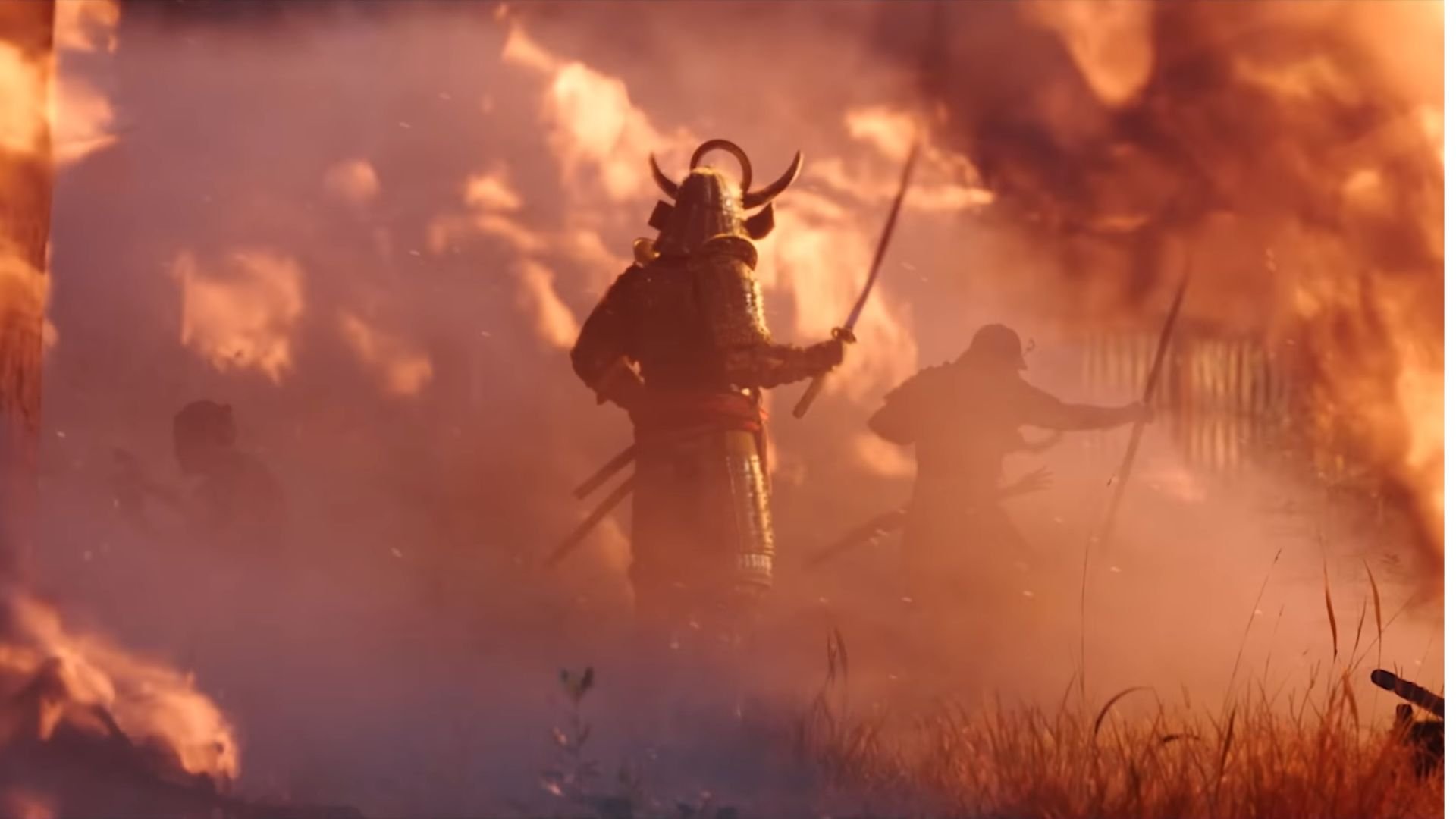
In the end, Assassin’s Creed Shadows delivers a stunning world, innovative gameplay mechanics, and a fresh take on the Assassin’s Creed formula. The dual-character system is a great idea that offers variety and flexibility. Notably, the improvements to stealth make the game feel more tactical and rewarding. Additionally, the world of feudal Japan is beautifully realized. Dynamic weather and a focus on vertical movement give players a unique way to approach missions.
However, Shadows falls short in key areas. The character-switching mechanic is awkward, the story lacks emotional depth, and the world feels static rather than alive. While this RPG game offers a lot of potential, it ultimately fails to fully capitalize on the rich historical setting. If you’re a fan of the Assassin’s Creed series, you’ll likely enjoy the gameplay. However, if you’re hoping for the next great chapter in the franchise, Shadows might not be the groundbreaking entry you were hoping for.
For those who’ve been waiting for an Assassin’s Creed game set in Japan, Shadows offers a fun and visually impressive experience. Nonetheless, it’s not the revolution fans were expecting. It’s a solid entry in the series, but it doesn’t quite reach the heights that previous games have set. Ultimately, it’s a beautiful game with a lot of potential, but technical glitches, uninspiring, and a clunky character-switching mechanic hold it back.
Assassin’s Creed Shadows Review (PS5, Xbox Series X|S & PC)
A Mixed Journey Through Feudal Japan
Assassin’s Creed Shadows presents a stunningly crafted world and offers exciting gameplay mechanics but fails to deliver a fully immersive world. Fans of the series may find enjoyment, but the game doesn’t quite live up to the legacy of its predecessors.




